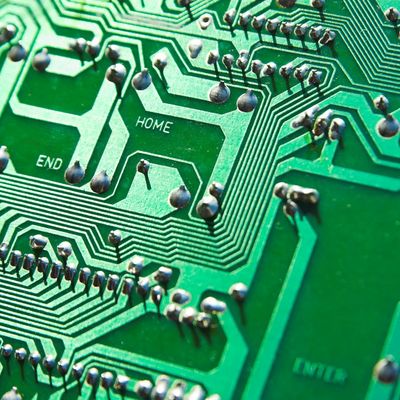
The future of artificial intelligence (AI) in the engineering sector of New Zealand is poised to be transformative, promising ground breaking advancements across various disciplines. As the nation continues to embrace technological innovation and digitalization, AI is expected to play a central role in driving efficiency, sustainability, and competitiveness in the engineering landscape.
One of the key areas where AI is set to revolutionize the engineering sector is in design optimization. AI algorithms have the capacity to analyse vast datasets and generate design solutions that are not only highly efficient but also customized to meet specific project requirements and constraints. This capability can significantly accelerate the design process, leading to faster project delivery times and improved outcomes. Whether it's designing infrastructure projects, buildings, or complex systems, AI-driven design optimization tools will empower engineers to achieve new levels of innovation and excellence.
Furthermore, AI-powered predictive maintenance systems are poised to revolutionize asset management practices in the engineering sector. By harnessing machine learning algorithms to analyse real-time sensor data, these systems can predict equipment failures before they occur, enabling proactive maintenance interventions. This not only minimizes downtime and reduces maintenance costs but also ensures the reliability and longevity of critical infrastructure assets. In a country like New Zealand, where maintaining infrastructure resilience is crucial due to its geographical challenges, AI-driven predictive maintenance will be instrumental in ensuring the continued functionality and safety of essential infrastructure.
In addition to design optimization and predictive maintenance, AI is expected to transform construction practices in New Zealand. The integration of robotics and AI-driven automation technologies holds the potential to streamline construction processes, improve productivity, and enhance safety standards on construction sites. From autonomous construction vehicles to robotic assembly systems, these innovations will enable engineers to tackle projects with unprecedented efficiency and precision. Moreover, AI-powered construction techniques can also contribute to sustainability goals by optimizing material usage, reducing waste, and minimizing environmental impact.
Another area where AI is poised to make a significant impact is in the realm of sustainability and environmental management. By leveraging AI for energy optimization, waste reduction, and environmental monitoring, engineers can develop more sustainable solutions that align with New Zealand's commitment to environmental conservation and carbon neutrality. AI-driven smart grid systems can optimize energy distribution, while predictive analytics can identify opportunities for resource efficiency and waste reduction across various sectors. Additionally, AI-enabled environmental monitoring technologies can provide real-time insights into air and water quality, facilitating proactive measures to mitigate pollution and preserve natural resources.
However, the widespread adoption of AI in the engineering sector also presents challenges and considerations. Issues such as data privacy, ethical concerns, and workforce displacement need to be addressed proactively to ensure responsible AI deployment. Moreover, there is a need for investment in education and upskilling programs to equip engineers with the necessary expertise to leverage AI technologies effectively.
In conclusion, the future of artificial intelligence in the engineering sector of New Zealand is poised to be transformative, offering unprecedented opportunities for innovation, efficiency, and sustainability. By embracing AI-driven technologies and adopting a forward-thinking approach, New Zealand can position itself as a global leader in engineering excellence, driving economic growth and societal advancement in the years to come.
Not Convinced about the capability of Artificial Intelligence? AI wrote this article in less than 5 seconds!



